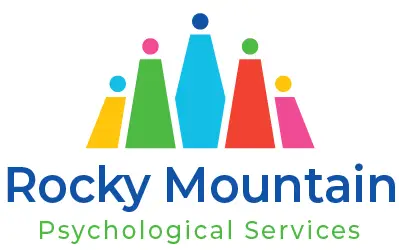Frequently Asked Question
How long does the whole process take?
Most assessments are completed within three to six weeks. The exact timeline depends on scheduling and the speed at which questionnaires are returned by parents, teachers, or other contributors.
Can you work with my child’s school if we’re not in Calgary?
Yes. We work with families across Alberta, and our reports are recognized by schools throughout the province.
Will the results help with school accommodations?
Absolutely. Our recommendations often form the foundation for an Individualized Program Plan (IPP) or other classroom adjustments that make learning more accessible and effective.
Do you also assess adults?
Yes. We work with post-secondary students and adults who seek a deeper understanding of learning differences, attention concerns, or other challenges that may be impacting their performance.
What if I need a psychoeducational assessment near me but cannot travel to Calgary?
In some cases, we may be able to coordinate with local professionals to ensure your psychoeducational assessment needs are met online (tele-assessment), even if you are outside the city.

